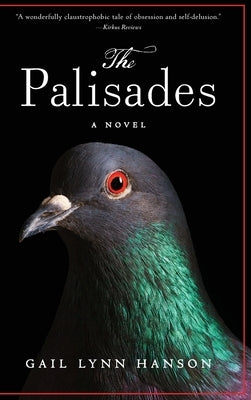Pride and Prejudice
$10.24
Dombey & Son
$9.95
Island of the Day Before
$24.99
The Company She Keeps
$18.95
Tales of Falling and Flying
$22.00
Moby-Dick: Or, the Whale
$29.00
At the Edge of the Orchard
$16.00
Lorna Doone
$18.00
The Complete Saki
$23.00
Everybody's Son
$18.99
Tangerine
$19.99
The Jane Austen Project
$16.99
No One Is Coming to Save Us
$16.99
Memory of Water
$18.99
Undermajordomo Minor
$15.99
Homeland: And Other Stories
$15.99
House of Earth
$15.99
The Hunted
$18.99
State of Wonder
$27.99
Tabitha, Get Up
$21.95
Siddharta
$11.99
Spirit of Modern Times
$39.99
Decline and Fall
$19.95
The Half-Caste
$18.95
Wolf Solent
$19.00
The Palisades
$27.99
No More Giants
$24.99
School
$16.99
Can You Be
$18.99
Dragon Palace
$35.00
The Houseboat Veronica
$18.95
An Endangered Species
$24.95
The Favor
$16.99
The English Experience
$29.00
The Alphabet Woods
$19.99
The Tragedie of Macbeth
$24.99
The Impatient
$18.99
Kafka in Tangier
$11.00
Once Upon an Effing Time
$19.95
Cinnamon Girl
$19.95




















































